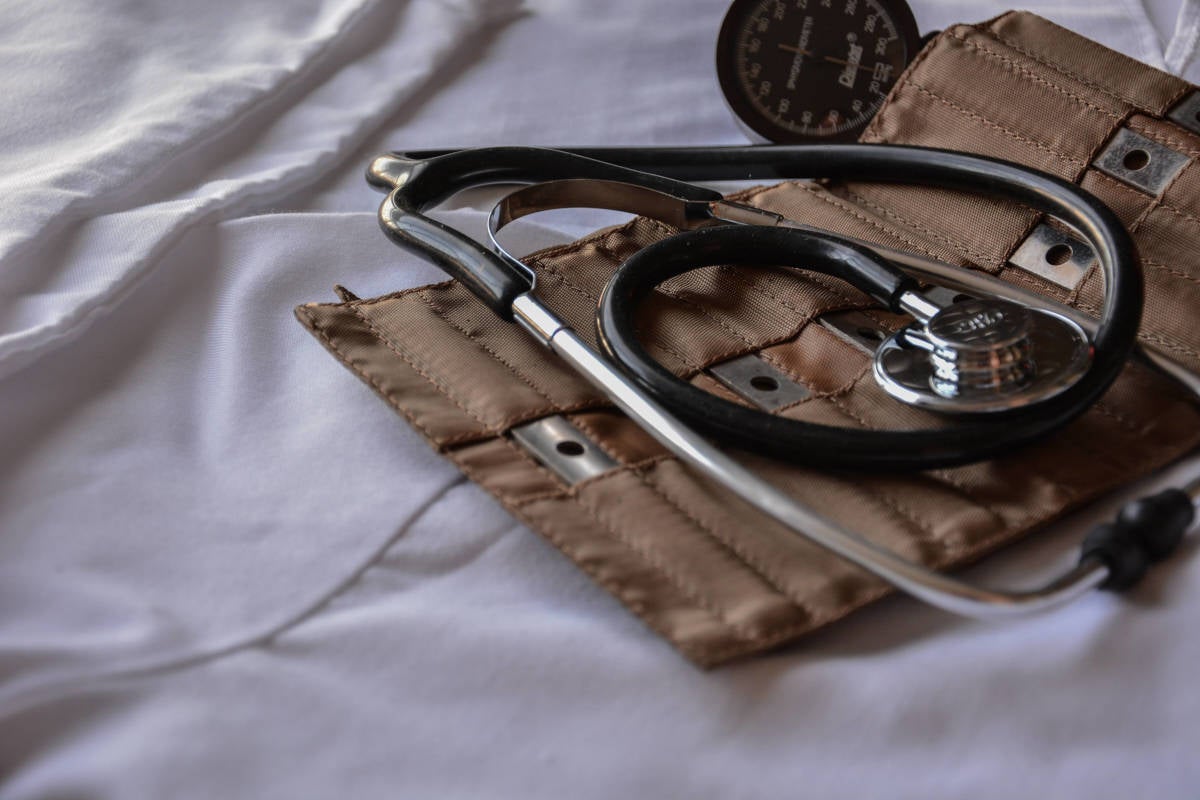Universities throughout Rhode Island along with the Department of Health participate in annual health fairs for the department of corrections. These health fairs occur at four different facilities. In the fall one is held at both medium and maximum security prisons. In the spring, a health fair is held at the minimum security and Women’s facility. Rita Marcoux, a clinical professor and director of the Pharmacy Outreach Program, is one of the leading coordinators for these health fairs. Students and faculty from URI’s Colleges of Pharmacy and Nursing, as well as nutrition professionals from URI’s SNAP-Ed Office, participate. Medical, physician assistant, physical therapy, dental and social work students also partake, as well as students and faculty from Brown University’s Institute for Prison Health, along with individuals from the Rhode Island Department of Health and CODAC Behavioral Healthcare, the largest non-profit, outpatient provider for opioid treatment in Rhode Island.
The health fairs offer: Hepatitis C testing, diabetes screening, blood pressure screening, nutritional advice, skin screening, weight/height and BMI, substance abuse information, smoking cessation information, lung function test, and vision screening. Each screening provides education materials and students/professionals to educate the inmate. Physicians and nursing staff from the Department of Corrections are also present in case someone has abnormal markers and triage is necessary.
Prior to the event nursing and pharmacy students are trained in how to conduct the various screenings and a trans-disciplinary approach is used the day of the health fair. Marcoux describes staffing the health fair as a team of people going in. During the health fair student will rotate with different students, that way discussing diabetes education, the pharmacy student can speak to the medication part, and the nursing student can talk about blood sugar levels. For the hepatitis testing, students work with a physician for reading the results. Marcoux reflects, “The doctors see pharmacy and nursing students as part of the team; they call over and ask the students questions. It is not a big deal to the doctor to ask the students what should I do? Is this the best drug choice for this patient?”
In addition to understanding roles and responsibilities and working in teams, students practice interprofessional ethics and values. Dr. Marcoux reflects the importance of adhering to HIPAA guidelines and protecting patient privacy, stating: “You hear things at the department of corrections that are ‘interesting,’ but I remind student it is not their story to tell.” Additionally, students have a huge learning experience in how to establish trust and a rapport with the inmates. Marcoux describes, “Individuals incarcerated have fears and concerns about their rights; they do not trust the system and do not want to trust. We have to work with inmates to get trust and students have to recognize how to get past fear and how to get inmates to trust them.”
Through this hands-on, students also practice interprofessional communication. Not only with communicating among each other, but with the inmates by providing education and understanding the appropriate level of information to share. Marcoux says, “students have to remember you are there as a professional – not to make a friend. Never ask why. You do not need to know why.” One challenge for providing education is that many inmates may not speak English, but the team ensures bilingual health professionals are present. This year, health screening cards are two sided, one side in Spanish and one side in English, so inmates can decide which side they would like to use.
In addition to helping out the day of the health fairs, students help with the preparation and coordination leading up to the event. They work with Dr. Marcoux as well as a social worker and education specialist to develop education materials, figure out supplies needed and logistics. For Marcoux preparation is key as this is not your typical setting, “You cannot take whatever you want inside, you need to have it vetted.”
Most importantly, Marcoux highlights, “these health fairs are a huge public health initiative to provide [prisoners] the tools needed to better manage their health when they are out and help correct it when they are in.” Helping with the health fair truly changes students’ perception of inmates. Many students go into the experience “curious” or excited to practice administering vaccinations, but leave saying “this was unbelievable experience.” Inmates are very appreciative of the education and Marcoux reflects, “how little you do sometimes can make a huge difference.” Marcoux elaborates how sometimes, just reaching one inmate on the importance of HPV vaccination or Hep-C testing can have a domino effect and inspire other inmates to get a vaccination or screening. In other words, Marcoux states: “If you get to the right people you can have a powerful message.”

